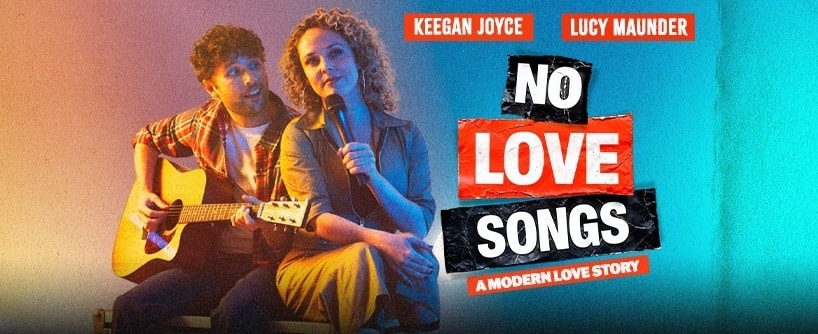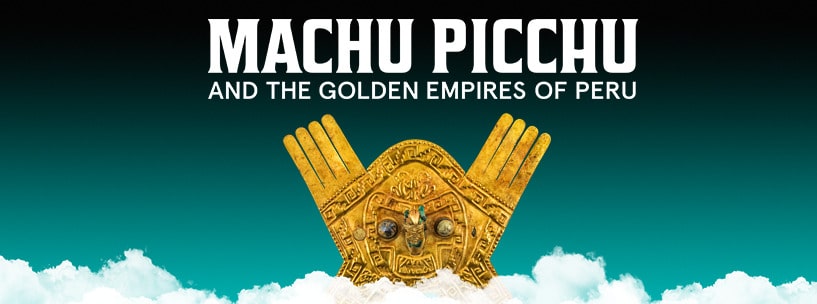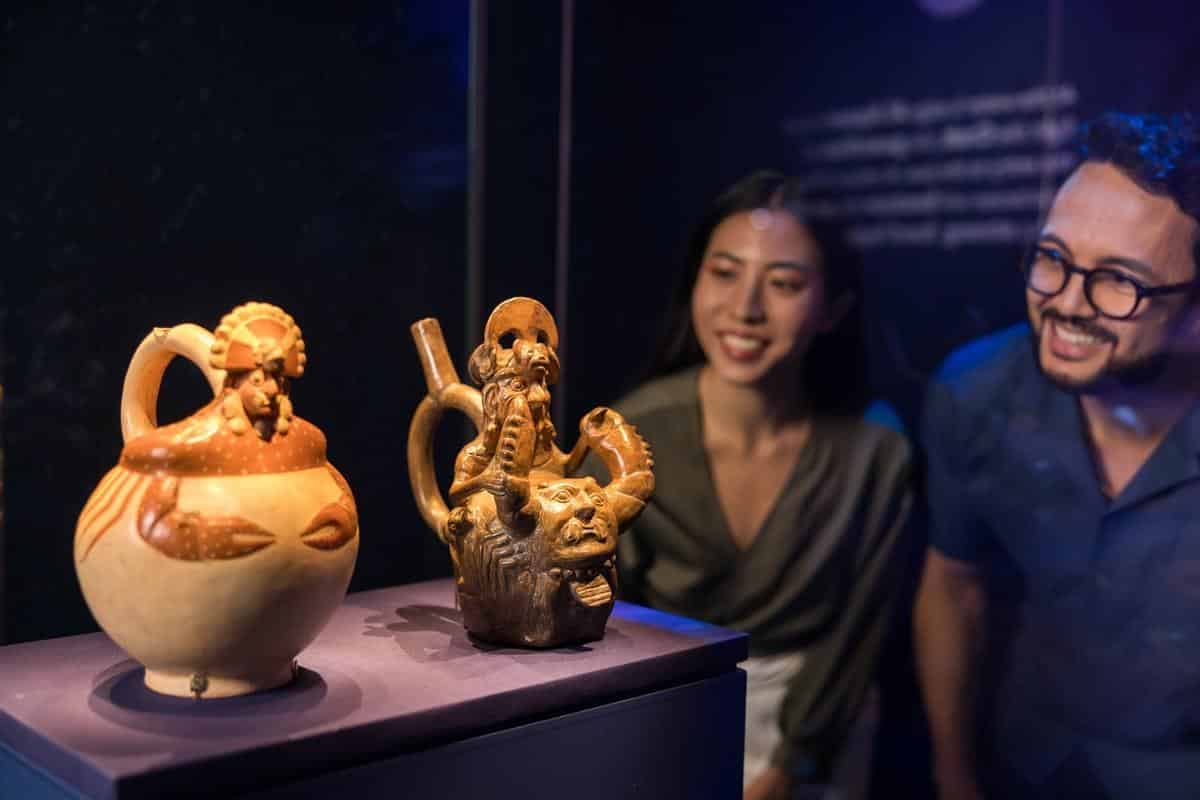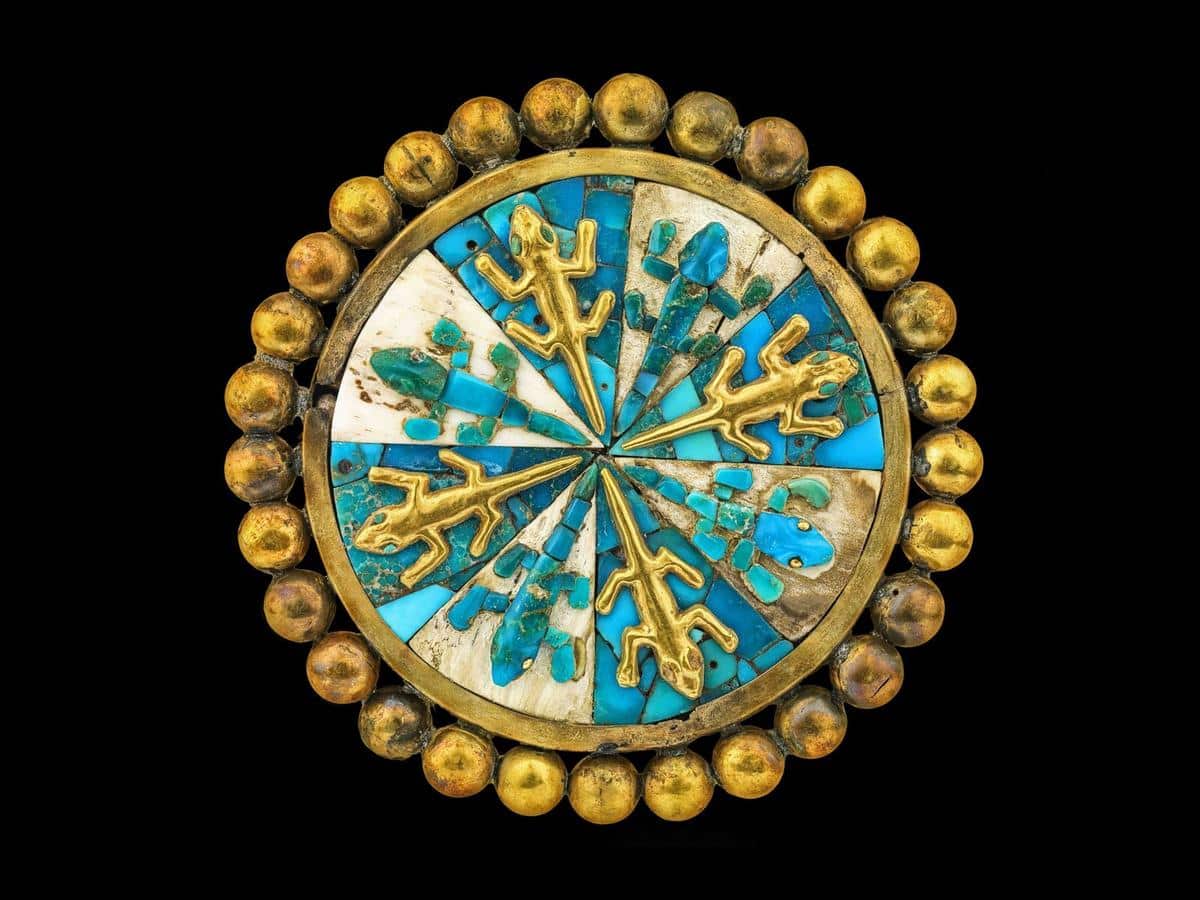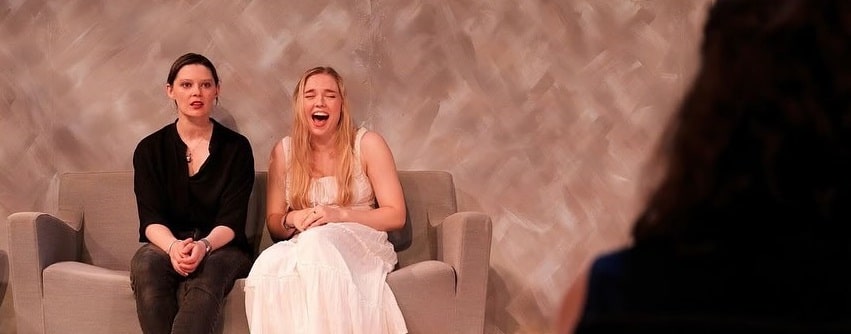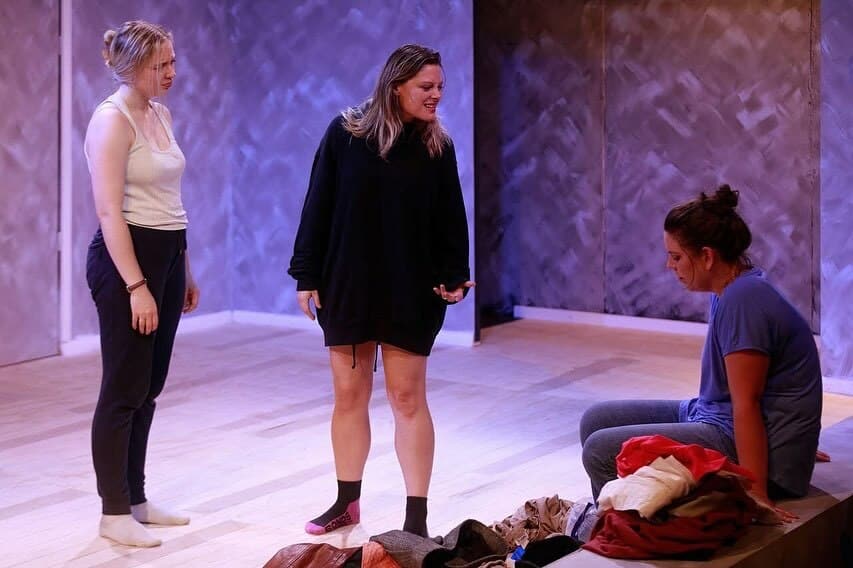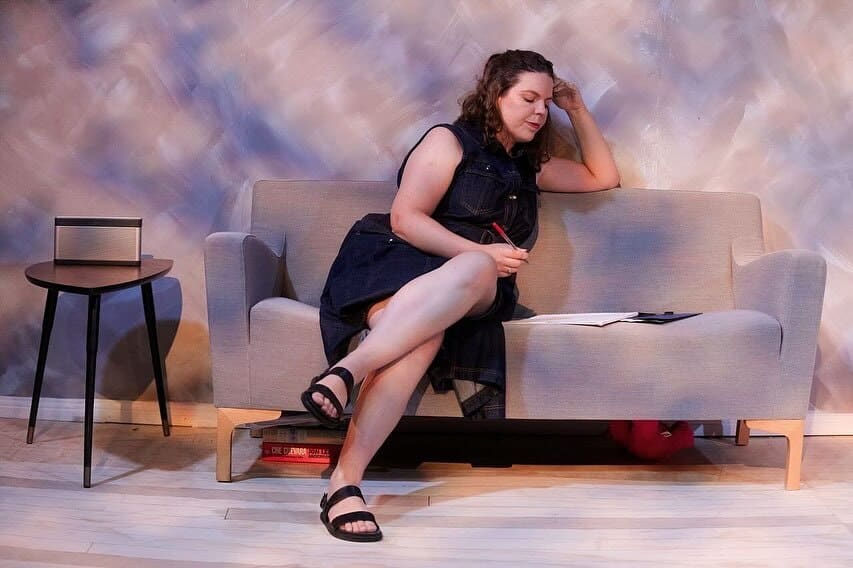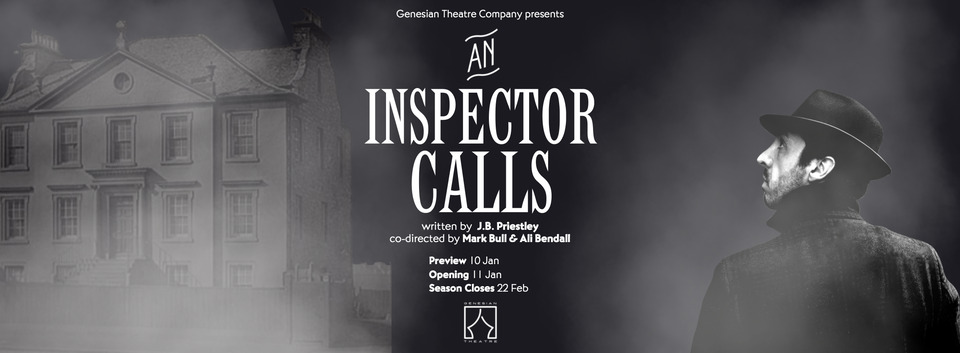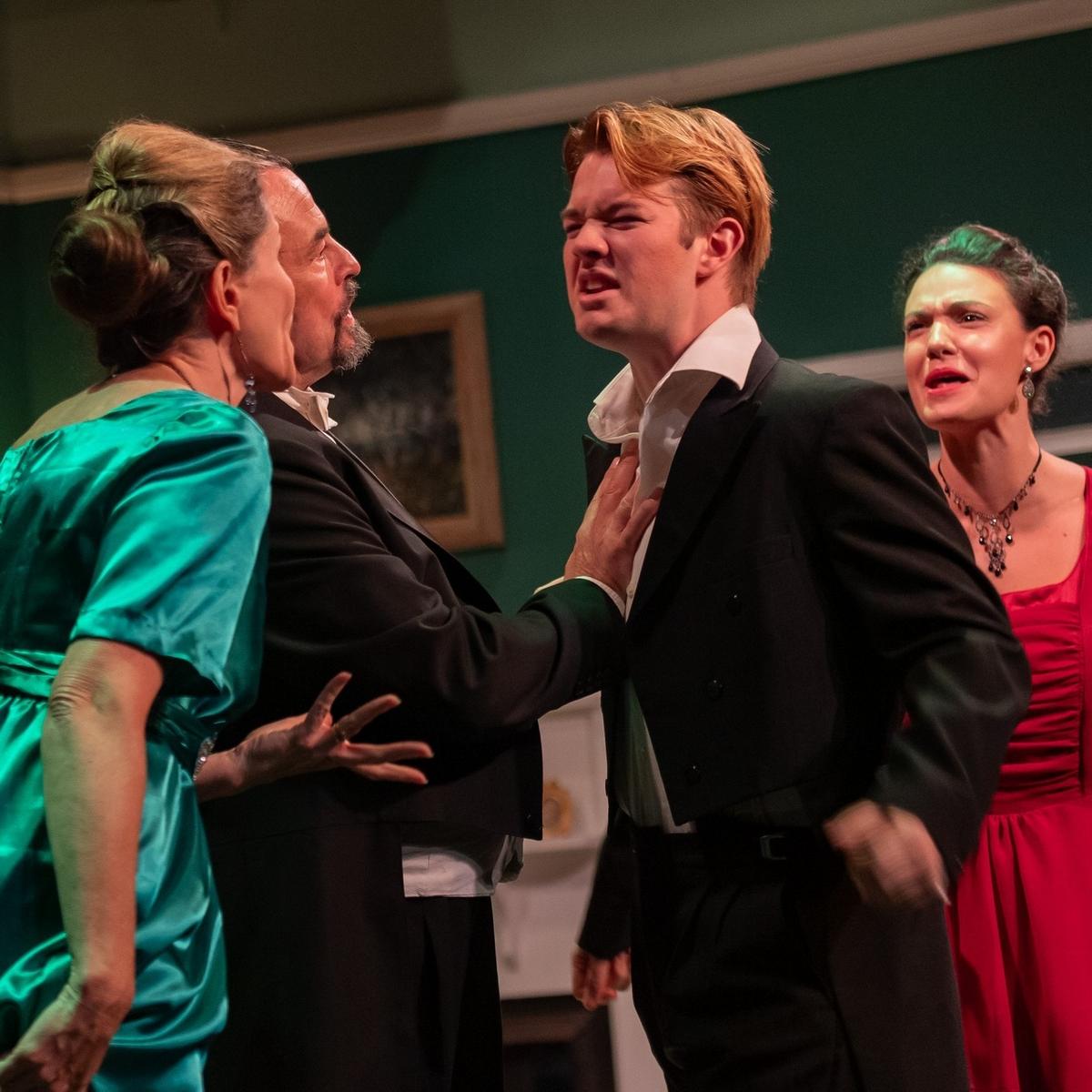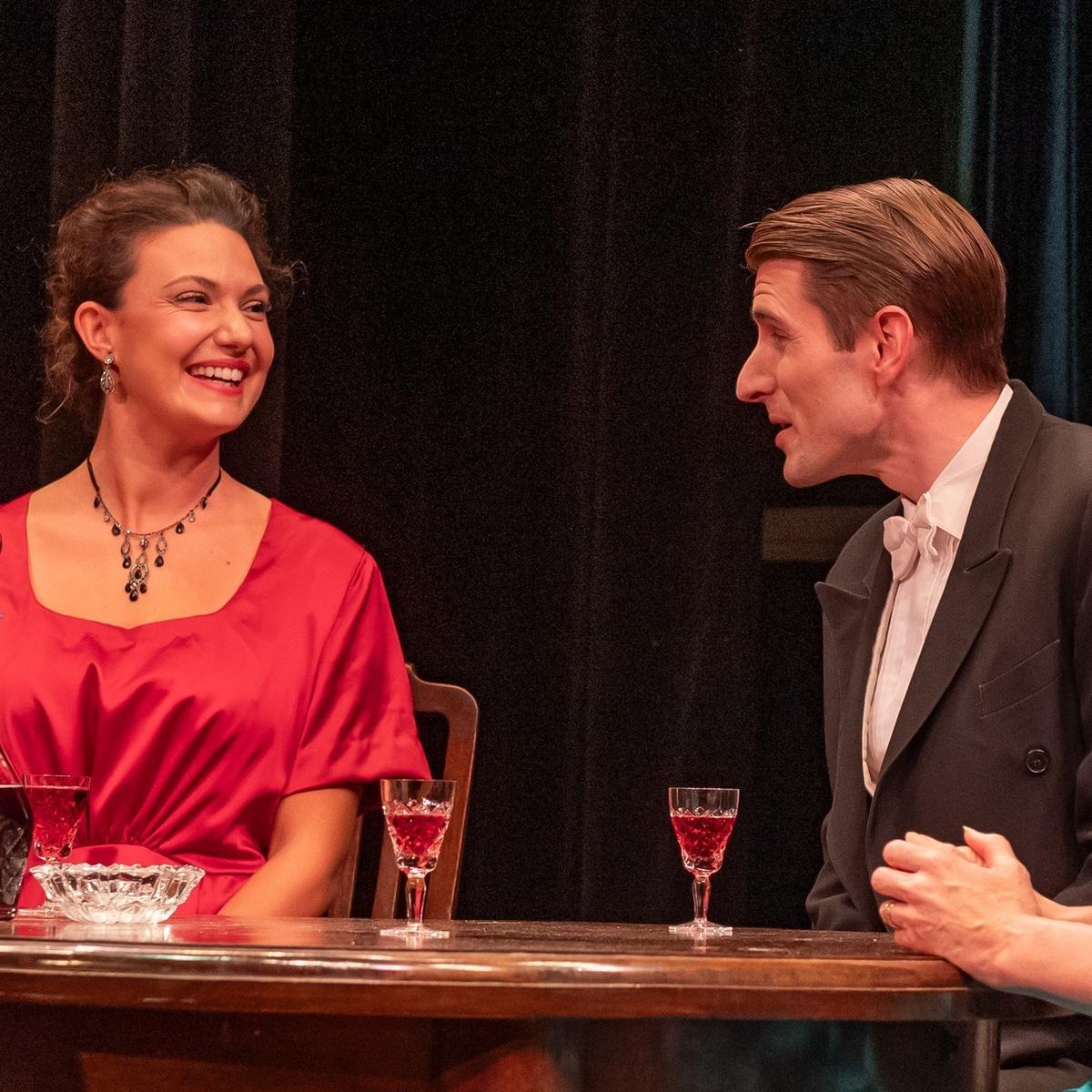What is it about a love song? It awakens something in us we can’t put into words. Love is the ultimate subject—it defines us, moves us, and makes us count. It comes in many forms, each as complex and transformative as the next.
Through bold storytelling and evocative melodies, No Love Songs swiftly shifts from the thrill of a new love to the profound, painful reality of losing yourself within it. Overflowing with enormous compassion and warmth, it delves into the raw intricacies of identity, relationships, and loss.
Inspired by the real-life experiences of co-writers Laura Wilde and her partner Kyle Falconer, the show draws from Falconer’s second solo album, No Love Songs for Laura (2021). Co-written by Johnny McKnight, delves into the relationship dynamics between Lana, a new mother, and Jessie, a songwriter at a crossroads. Beyond exploring career ambitions and new parenthood, it fearlessly addresses the often-unspoken challenges of postnatal depression. While this may seem like a confronting topic (and it is) the show’s heartfelt authenticity and humour make it both engaging and ultimately hopeful.
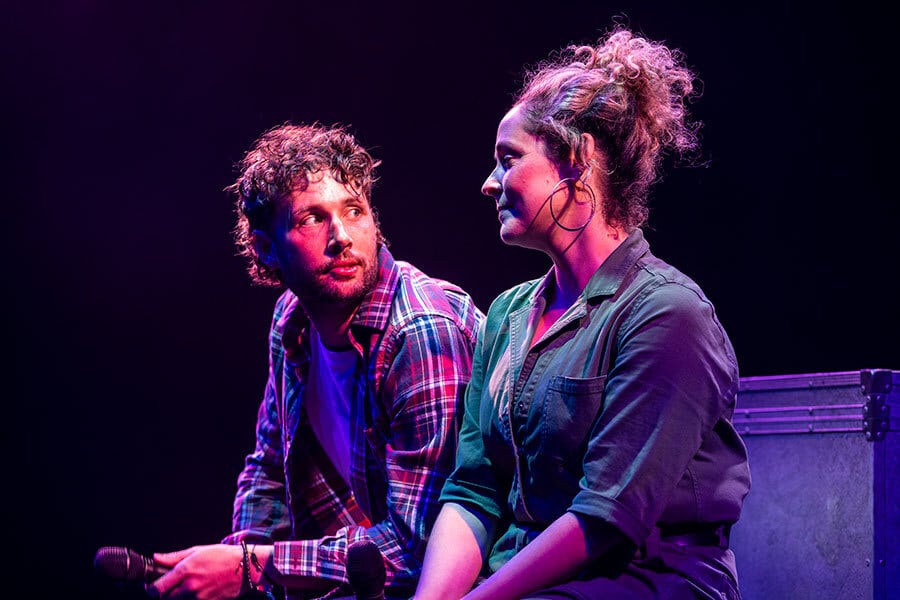

The success of this show hinges on the power and skill of its two actors, who bring a deeply personal journey to life through a duologue of contrasting perspectives that navigates the complexities of parenthood. Through soliloquies and inner monologues, the audience gains insight into their internal struggles, highlighting the deep yet often amusing gap between what they feel and what they express.
An undeniable spark lit up the stage whenever Keegan Joyce and Lucy Maunder performed together. Opposites truly attract—Joyce’s self-effacing, endearing charisma perfectly complemented Maunder’s bold, brassy power. Both hit every note effortlessly, their palpable chemistry making each moment feel relatable and electric, leaving me to wonder if they were a couple in real life.
The Foundry is the perfect new space for this inaugural musical – intimate enough to capture moments of stillness, yet expansive enough for the vocals to soar. The minimal yet impactful musical accompaniment—guitar, keyboard, and percussion—acts as the third character, subtly deepening the emotional layers of the story without overshadowing the intimate moments. The songs were catchy, not Top 40 hits, but expertly crafted to integrate and enhance the narrative. At times, the atmosphere strayed into rock opera territory, amplifying the intensity but there were also poignant, quieter moments that could have been pared down just a bit to sustain the overall momentum of the performance.
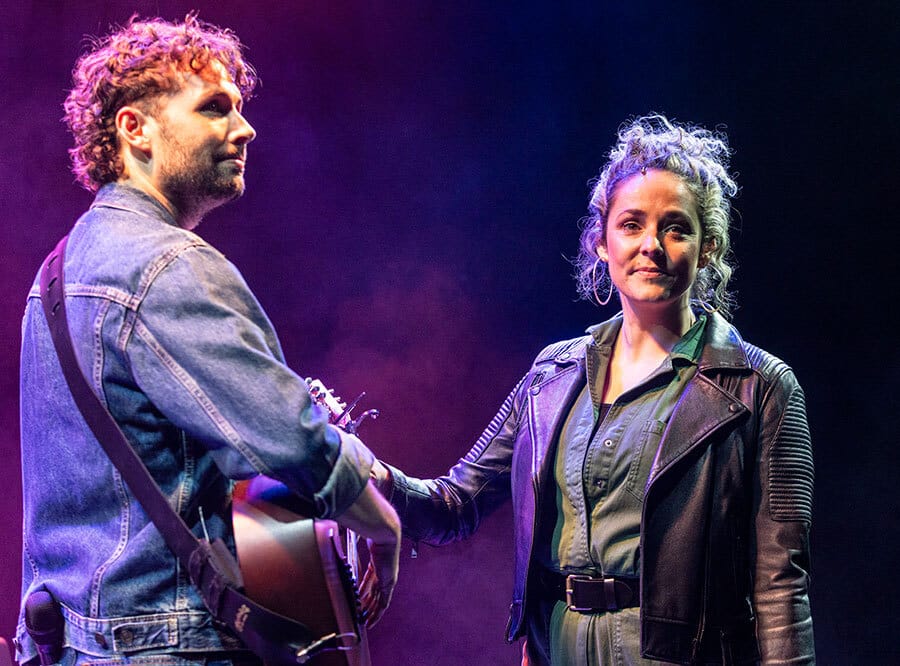
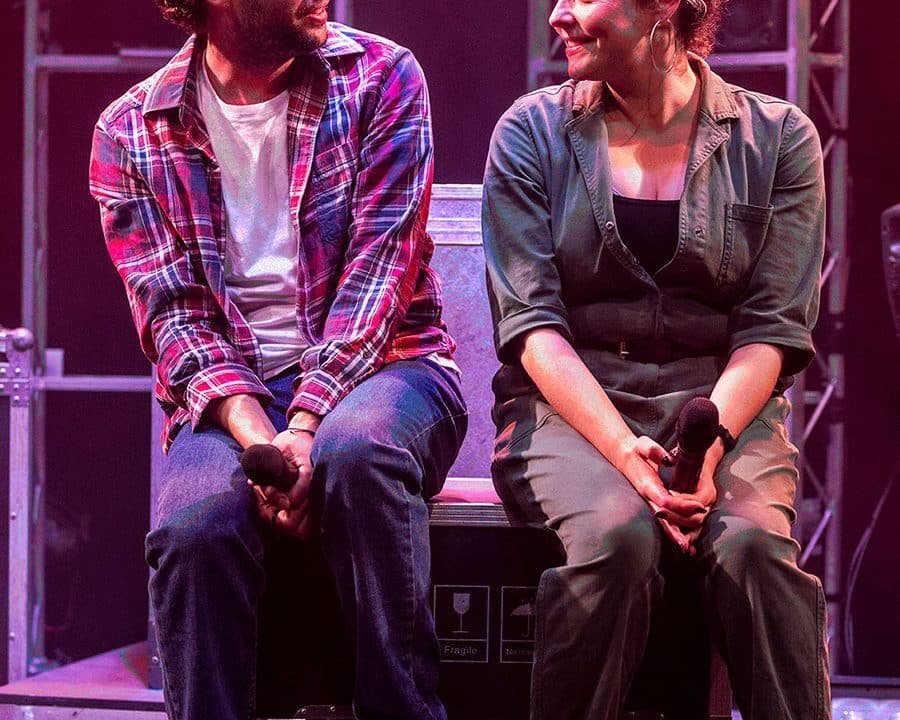
What stood out most was that Lana and Jessie felt like real people, pouring out their hearts, songs, and stories while stumbling through a world full of challenges beyond anyone’s full understanding or control. Their dynamic felt less like a performance and more like a confession.
As the audience shuffled out, an elderly gentleman turned to me—a complete stranger—his voice heavy with emotion, and said, “I now understand what my mother went through.” I paused, absorbing the weight of his words, and replied, “Me too.” At that moment, it became clear why Wilde and Falconer wrote this show.
Postpartum depression remained a taboo topic until the late 20th century, with stigma lingering despite growing awareness in the 2000s. This story has rarely been told publicly – let alone shared on stage- but it resonates powerfully across generations. By sharing these deeply personal experiences, we help others, and ourselves, to connect, heal, and feel less alone. When there is no villain, no antagonist, no clear balance – sometimes, that makes both life and theatre equally difficult and beautiful.
This is not your usual escapist musical filled with hearts and roses. It’s an aching, engrossing love letter to the messy, wonderful, awful chaos of being human. Great stories unravel hearts and open minds. Raw, cathartic, and unflinchingly authentic, No Love Songs delivers just that.
No Love Songs is on tour around the country. For date/time sessions for your local area and to book tickets to No Love Songs, please visit https://www.nolovesongs.com.au/.
